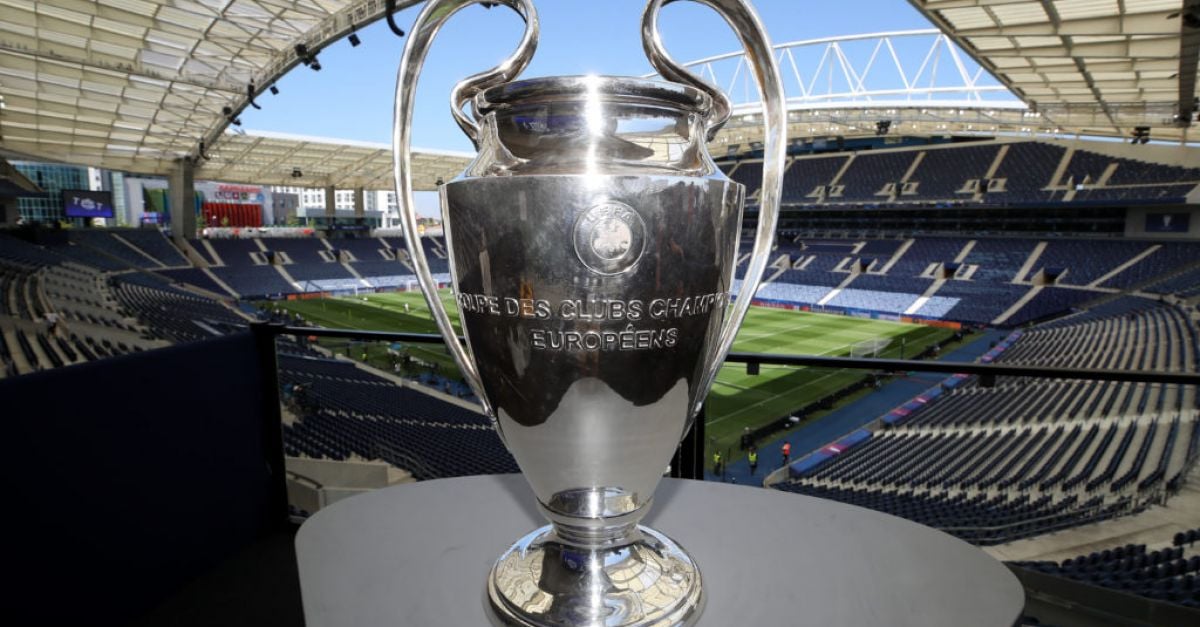
Super League Controversy: The Future of European Football
The European Super League (ESL) saga has once again stirred the cauldron of European football, reigniting fervent debates about the sport's future. This contentious proposal, initially surfacing in 2021, aimed to establish a breakaway league featuring elite European clubs, promising more regular clashes among football's titans while capitalizing on the commercial prospects such matchups offer.
The Emergence and Collapse of the Super League
In April 2021, twelve of Europe's most affluent clubs, including Real Madrid, Manchester United, and Juventus, announced their intent to form the ESL. The proposal was designed to replace the current UEFA Champions League format, offering a more lucrative and predictable revenue stream through guaranteed participation of these clubs, regardless of domestic performance.
However, the project was met with vehement opposition from fans, players, and football governing bodies. Critics argued that the ESL undermined the meritocratic principles that underpin European football, where clubs earn their place in competitions based on performance. This backlash was so intense that within 48 hours, nearly half of the founding clubs, notably from England, withdrew, leading to the suspension of the project (The Guardian).

Impact on Football's Competitive Balance
The ESL's proposition threatened to disrupt the competitive equilibrium of European football. By offering permanent spots to founding members, it risked widening the financial chasm between the elite clubs and the rest. The proposed model would have significantly hampered the growth potential of smaller clubs, who rely on fair competition and the hope of ascension through sporting merit.
The backlash from fans and stakeholders was not merely about preserving tradition but about safeguarding the integrity of the sport. Football's charm lies in its unpredictability, where underdogs like Leicester City can defy the odds to win the Premier League, a feat that might become more elusive in a closed competition format.
Financial Disparities and the Drive for Reform
The ESL saga has highlighted the pressing need for reforms within European football. The lure of the ESL was primarily financial. The COVID-19 pandemic had exacerbated financial strains, with clubs like Barcelona and Juventus facing mounting debts. The ESL promised substantial financial rewards, which was a tempting prospect for clubs struggling to balance their books.
UEFA, the governing body of European football, has since worked to address these financial disparities. Initiatives such as the revamped Champions League format, set to launch in 2024, aim to increase competitiveness and financial distribution across clubs. This includes measures to ensure fair revenue sharing and financial fair play regulations to curb overspending by wealthy clubs.
The Road Ahead for European Football
The ESL episode has prompted a broader discussion about the future structure of European football competitions. There is a consensus that while the ESL's format was flawed, the underlying issues it sought to address—financial sustainability, competitive balance, and the attraction of global audiences—remain pertinent.
Moving forward, stakeholders must collaborate to create a framework that maintains the integrity of the sport while ensuring its financial viability. This involves not just reforming the Champions League but also considering domestic league structures and the financial models that support them.
Conclusion
The European Super League may be dormant, but the debates it sparked continue to shape the discourse around football reform. For the sport to thrive, it must adapt to the changing economic landscape while staying true to its roots of competitive fairness and inclusivity. As the football community navigates these challenges, the emphasis must remain on sustainability and equity, ensuring that the beautiful game remains accessible and exciting for fans of all clubs.